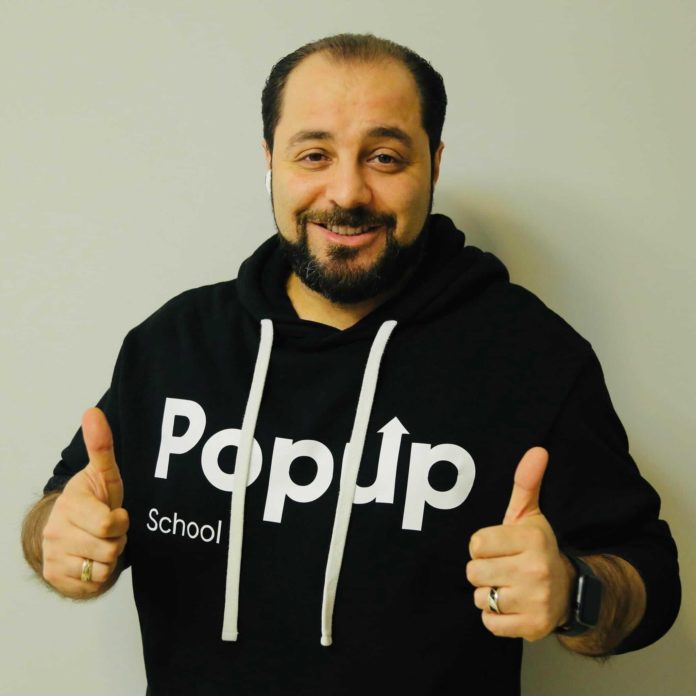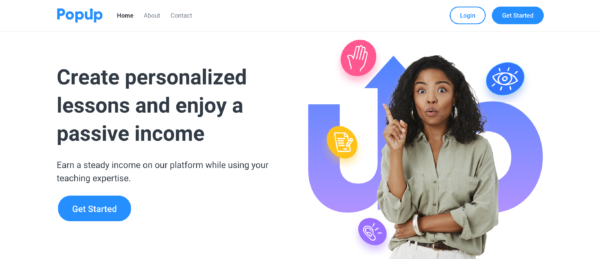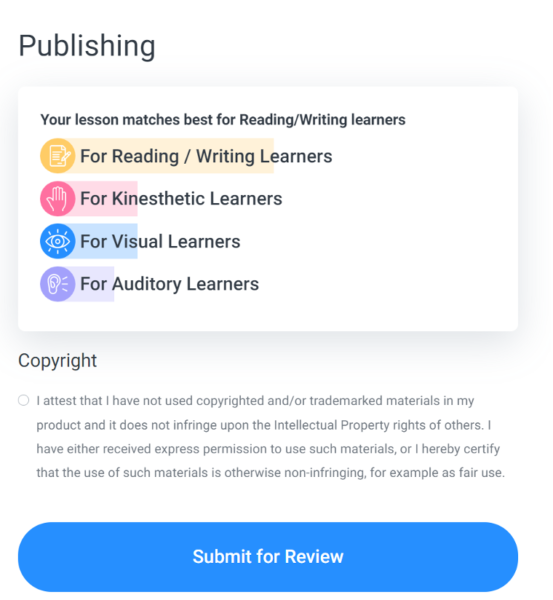CAMBRIDGE, Mass. — Suren Aloyan, a serial tech entrepreneur from Armenia, is a busy man. In fact, the day of our interview in early April, the Yerevan native and San Francisco resident was taking part in the Harvard Kennedy School Executive Education program.
He is not only a learner but also a proponent of online learning, first launching Dasaran Educational Forum in Amenia in 2009, and more recently, PopUp School in the US, a sort of tailored online tutoring for students.
Aloyan said that with PopUp, the end goal is giving young students the help he wished he had received as a student. Amazingly, this successful entrepreneur, had a hard time learning in the tradition vein.
PopUp offers help in four different styles of learning — visual, audio, reading writing, and kinesthetic. The latter group includes young people who need to needs to learn by tactile means. Students who want to take classes, take an online test to see which style of learning is best suited for them.
“We first diagnose their learning styles and then the algorithm goes and finds the teachers lessons which have been built matching with exactly this learning ability,” he explained.
Aloyan explained, “One of the biggest problems that we identified is that there is no one teaching style that can feed every student, even if you are the best teacher ever. Just like there is no one diet that can fit everyone. We try to understand how we can make the teachers be more efficient and to bring a much bigger impact because whatever they’re doing is not a job, it’s a mission they have chosen. … A major part of PopUp is the appreciation for teachers and allowing the number of hours in which they give of themselves to be recycled to help even more students.












